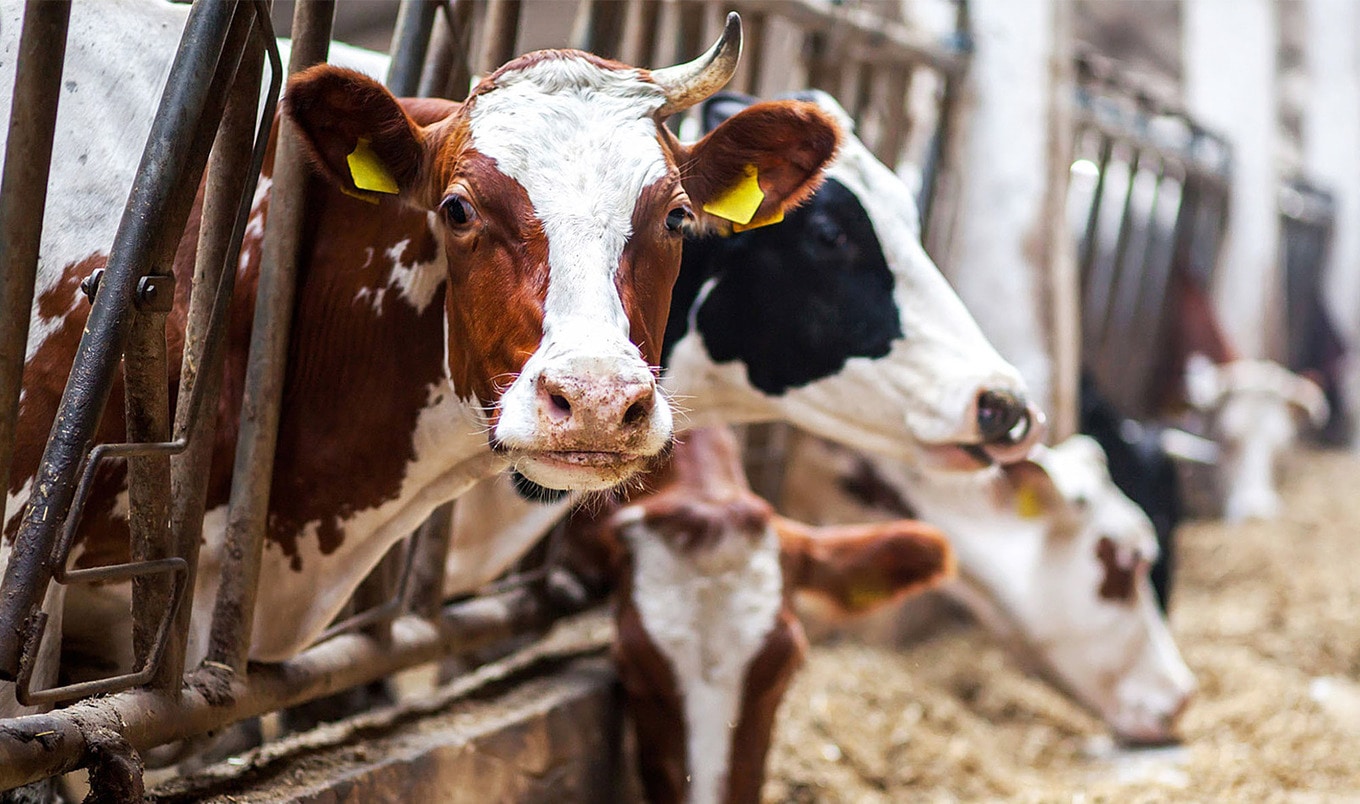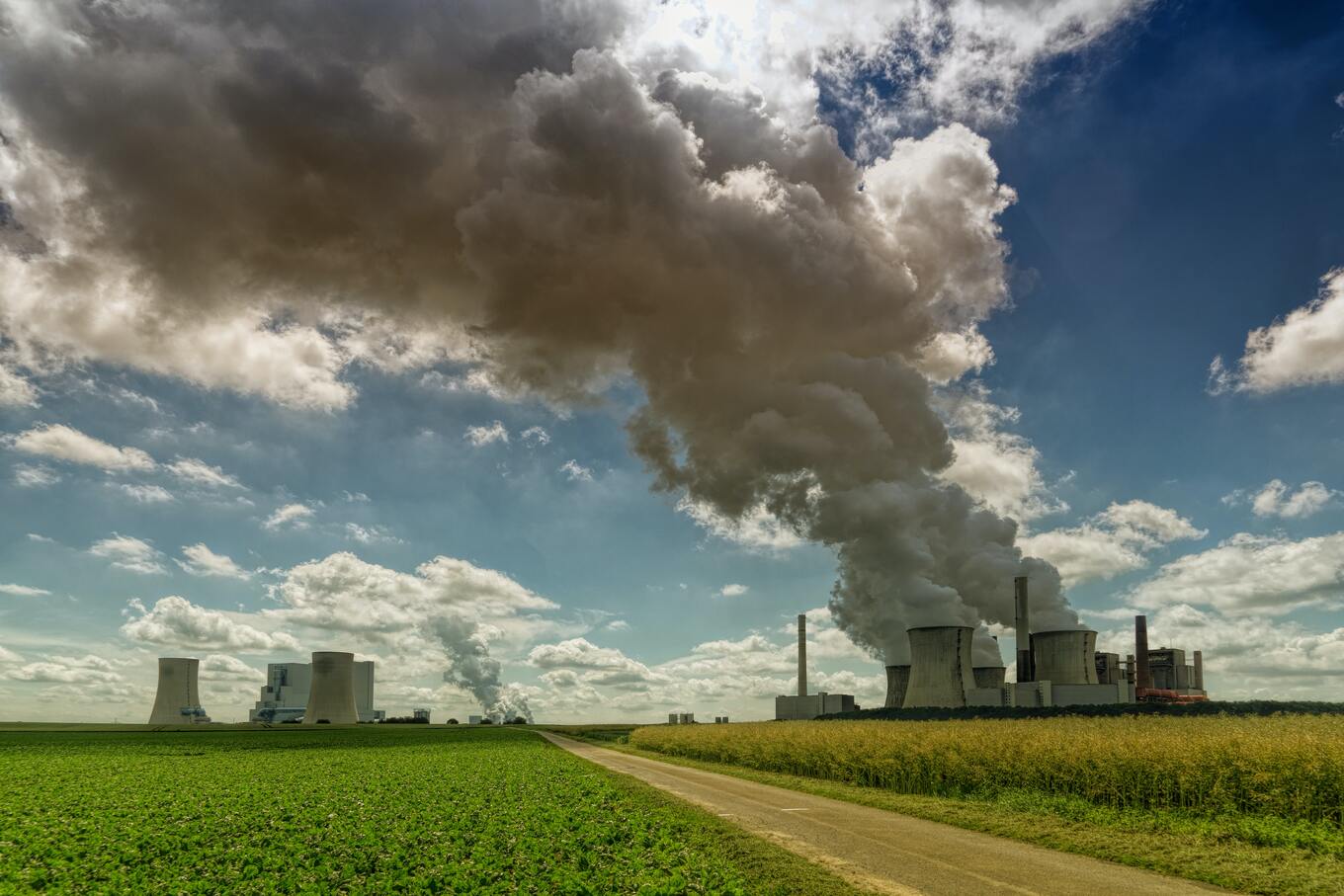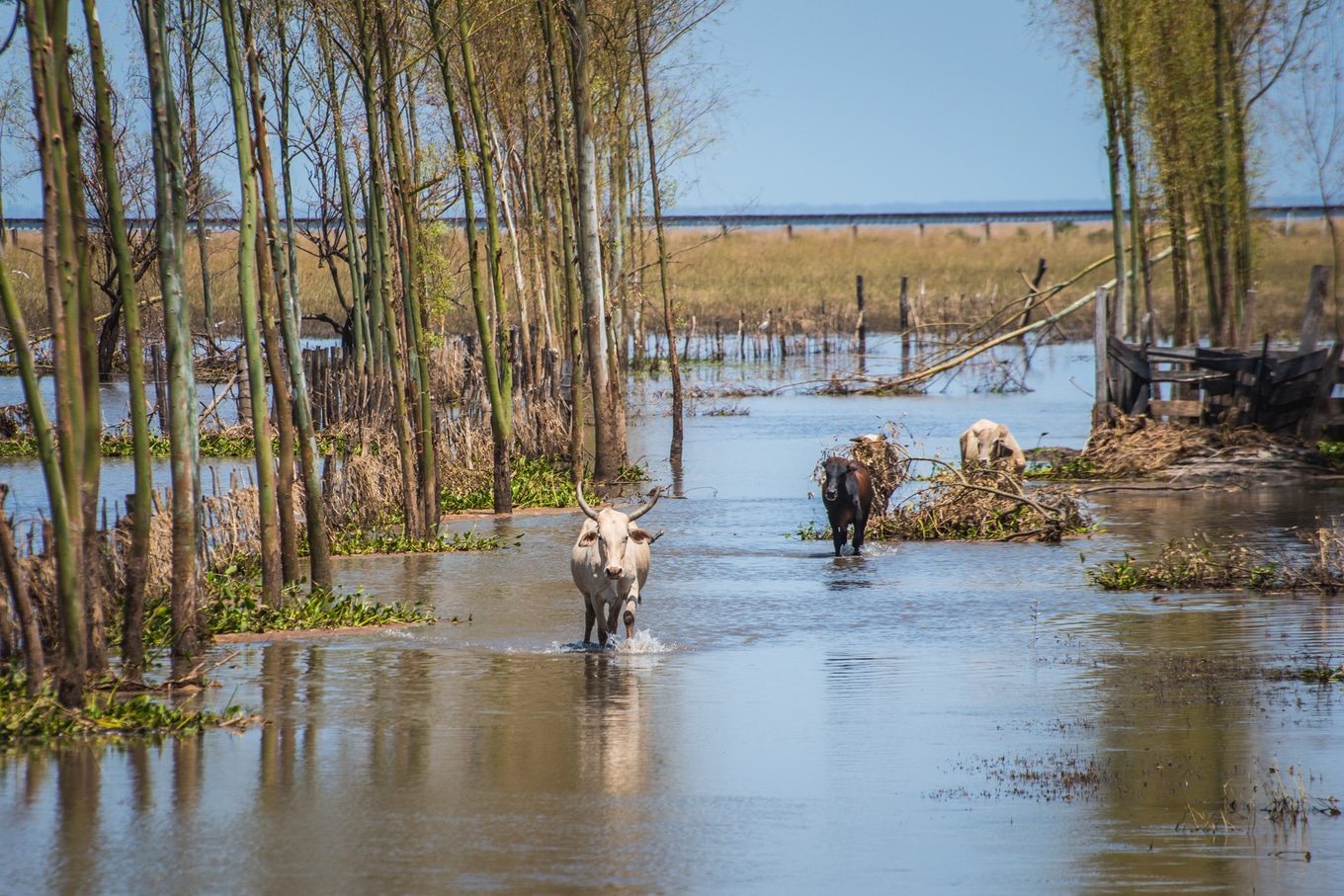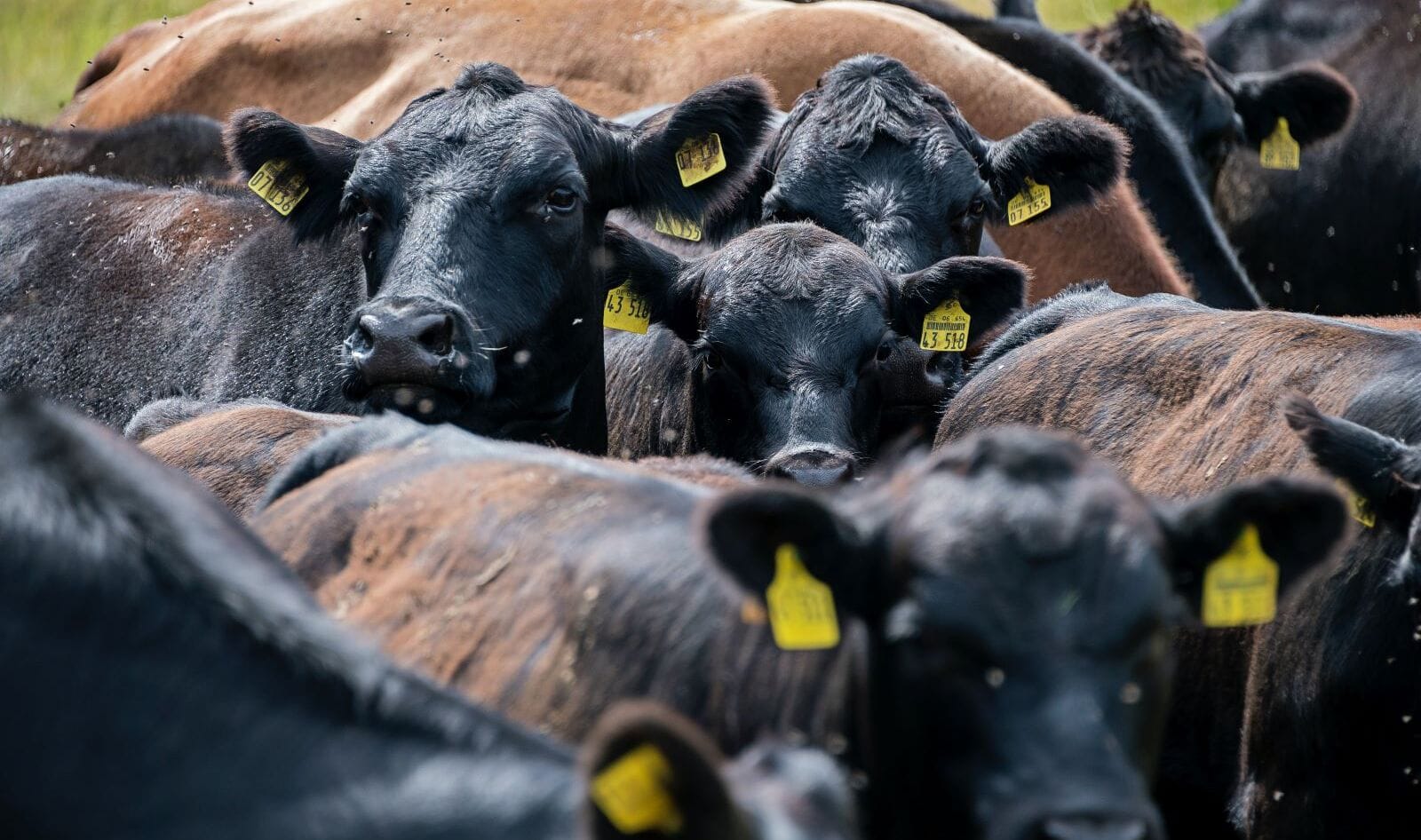In a groundbreaking review published in the journal One Earth, researchers have shed light on the alarming oversight of methane, a potent greenhouse gas, by policymakers and governments worldwide. Methane is known to be approximately 80 times more damaging to the atmosphere than carbon dioxide over a 20-year period, yet current global methane emissions policies only cover a mere 13 percent of these emissions, according to the study.
To limit global warming to 1.5 degrees Celsius in line with the Paris Agreement, the researchers of the new review assert that global methane emissions must be slashed by at least 40 percent to 45 percent. This task can be achieved, they argue, through the adoption of stricter methane policies and more accurate measurement of emissions.
In their study, the team scrutinized 281 policies across sectors responsible for the highest methane production, including energy, waste, and agriculture.
 Adobe
Adobe
Environmental policy experts Maria Olczak (Queen Mary University of London/Environmental Defense Fund Europe), Andris Piebalgs (European University Institute’s Florence School of Regulation), and Paul Balcombe (Queen Mary University of London) note that in the agriculture sector, current policies target mostly manure, which, globally, is a smaller source of methane emissions than enteric fermentation (cow flatulence), despite it constituting the major source of methane emissions in agriculture.
The researchers emphasize the urgent need for comprehensive and targeted methane mitigation strategies. They point out that while the scientific community has been increasingly highlighting the importance of such measures, methane emissions are currently rising at a pace not seen since the 1980s.
The researchers discovered a stark disparity in the number of methane policies implemented across different regions. And the existing policies were deemed inadequate, primarily because they relied on inaccurate data. Policymakers often used underestimated greenhouse gas emissions, non-public datasets, or inconsistent measurement methods, leading to unreliable figures, the researchers noted.
 Johannes Plenio
Johannes Plenio
In order to tap into the significant potential for methane emissions reduction, the researchers advocate for a consistent and accurate approach to identify, quantify, and verify methane sources. They stress the importance of increasing policy coverage and stringency.
“A consistent approach for accurate identification, quantification, and verification of methane emissions sources alongside greater policy coverage and stringency must be put into place to realize the significant methane emissions reduction opportunities,” the researchers write.
The best ways to combat climate change
According to the World Meteorological Organization, for the first time ever, global temperatures are now more likely than not to breach 1.5 C of warming within the next five years. Although this does not mean the world would cross the long-term warming threshold of 1.5 C above pre-industrial levels set out in the 2015 Paris Agreement, the temporary warming will offer a glimpse of what crossing that threshold will be like.
It also means the world has failed to make sufficient progress in lowering climate-warming greenhouse gas emissions.
 World Animal Protection
World Animal Protection
The Global Methane Assessment highlights that mitigating human-induced methane emissions is one of the most cost-effective methods to combat climate change and improve air quality. However, the authors contend that progress depends on a unified global effort to curb methane emissions. Urgent action is needed at both national and regional levels to align with climate goals.
The researchers emphasize that effective methane mitigation requires broader social support and political consensus. They argue that methane reduction should be recognized as a necessary complement to ongoing decarbonization efforts primarily focused on reducing CO2 emissions.
“Effective methane mitigation requires stronger social support and political consensus,” the researchers write.
“Yet, methane reduction is still perceived as a choice rather than a necessity complementing the ongoing decarbonization efforts focused largely on CO2.”
For example, the upcoming climate conference COP28 in Dubai, UAE, where the collective progress towards the objectives of the Paris Agreement will be evaluated for the first time, presents a crucial opportunity for change, according to the researchers.
The problem with animal agriculture
As the world grapples with the urgent need to address climate change, the findings of this review serve as a wake-up call for policymakers to prioritize methane emissions reduction and implement robust policies to safeguard our planet’s future.
When it comes to agriculture, however, the report points out that even the most robust mitigation strategies won’t be able to offset the projected increase in methane emissions if people continue to eat meat and dairy.
“Full adoption of the most effective mitigation strategies will not be sufficient to meet 2050 climate targets because [methane] mitigation effects are offset by projected increases in methane emissions as a result of higher milk and meat demand in low- and middle-income countries,” the report says.
 Pam Menegakis/Unsplash
Pam Menegakis/Unsplash
A report published last year from the Institute for Agriculture and Trade Policy and the Changing Markets Foundation discovered that the methane emissions of five of the largest meat corporations and 10 of the largest dairy corporations is equal to more than 80 percent of the European Union’s entire methane footprint. The report estimated that the combined methane emissions of these 15 companies—which include JBS, Tyson, and the Dairy Farmers of America—exceed the methane footprint of countries including Russia, Canada, Australia, and Germany.
The most effective strategy for reducing such emissions would be to reduce the need for animal agriculture altogether, the report says.
“To tackle these emissions in a substantive manner, the number of animals in mass industrial systems of production must be dramatically reduced,” the report says.
“This is the most effective measure to reduce emissions from animals themselves and emissions from their manure.”
Another report by the Intergovernmental Panel on Climate Change (IPCC) stressed that a focus on transitioning the food system towards plant-based agriculture could deliver one-third of the emission reductions we need. Plus, it could help to tackle a number of major issues facing the planet, including deforestation, water pollution, and the threat of zoonotic disease.
While this and other reports have explored a wide swath of climate crisis mitigation strategies, the IPCC report called for a shift toward sustainable, healthy, and “balanced” diets which it defines as “plant-based foods, such as those based on coarse grains, legumes, fruits and vegetables, nuts and seeds, and animal-sourced food produced in resilient, sustainable and low-GHG emission systems.”
For the latest vegan news, read:
JUMP TO ... Latest News | Recipes | Guides | Health | Subscribe









